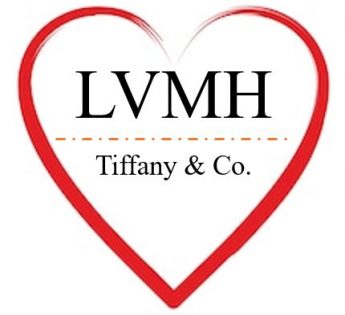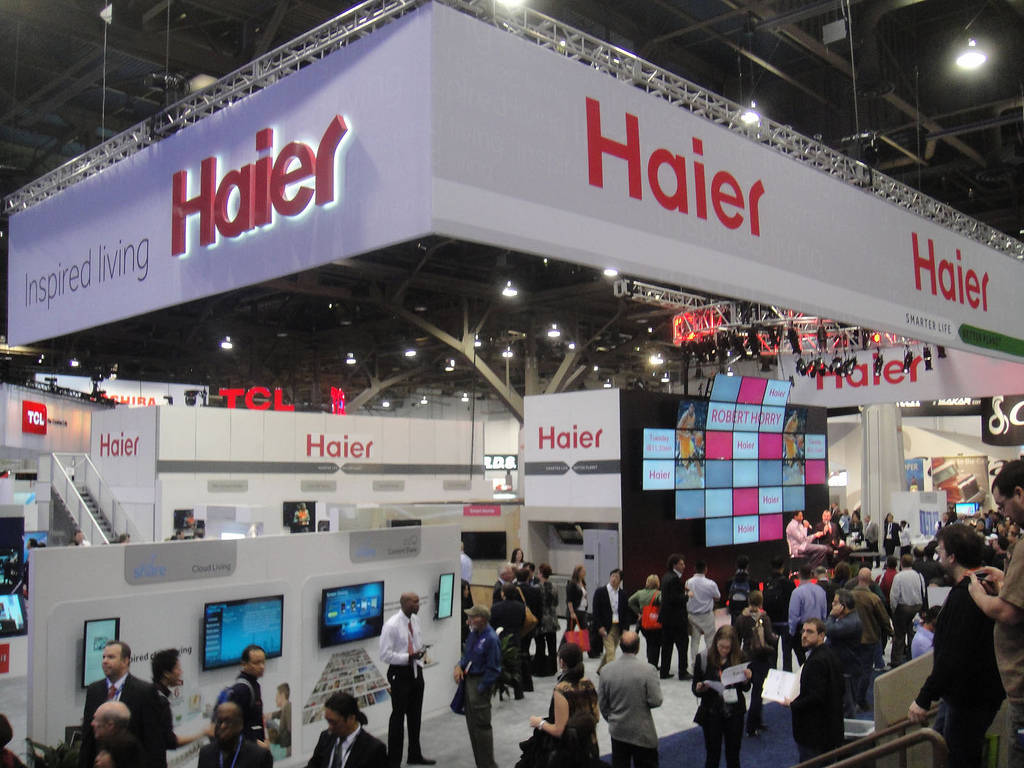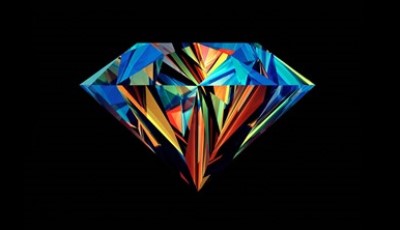In my last blog post (Luxury consumption: will it really be affected by recession?) I stated that luxury brands will not be affected as much by recent recession as they did in past. The main reasons I gave were (a) consumption tendencies of masses (where Armani, LVMH, Gucci, Prada and such others have become a regular consumption item); (b) geographical scope and the emergance of emerging markets in Asia and (c) tourism trends (where Chinese, Indian and other tourists are flocking the Western markets and buying luxury items in numbers).
This led me to do a quick a quick study asking some professionals in my network regarding what they thought about their consumption pattern of luxury brands (those Armani and Gucci) and consumption spending such as entertainment and eating out in posh restaurants. Furthermore, I did put a poll on webpage to see random responses of consumers regarding their luxury consumption habits in recessionary times.
The results corraborate to what I have stated earlier. The poll results show that a large majority of consumers (72%) are unlikely to stop their spending on luxury brands. Furthermore, the professional whom I asked showed a similar response however, an interesting theme emerged from the answers wherein added conscious effort to luxury consumption was observed.
For example, following is a response from one of the heads of marketing at an MNC healthcare firm:
“I wouldn’t stop consuming luxury goods in these recessionary times. However, my decision process would be much more thought about, would be longer and would be priority based.”
An academic from a reputed University in the UK
“it gets me thinking about my own habits in these times and I realise, as i sit here looking at my new G3 iphone, that no, i’m unlikley to stop consuming luxury goods.”
A product manager states:
“But one thing i have started doing is calculating the expenditures and doing some preplaning before buying any luxury. Despite of being female who luvs buying, by doing little excercise i put a control on many things.”
An analyst from IT industry
“won’t stop but reduce buying them.”
A similar response from another IT analyst
“To a certain extent, yes. Best to be a bit Frugal”
Another interesting observation confirming point (a) raised above was also observed from one of the respondents who happens to be a project manager.
“I would, and have, certainly reduced, though not stopped consuming luxury goods. Come to think of it, many of them are near-necessities now !”
Furthermore, from the below response one can observe that how luxury consumption is woven into consumer mind-set.
A business analyst states that:
“No i won’t as long as my credit cards don’t dry out …”
Another market intelligence professional:
“I wouldn’t. Why? Because of its emotional and recognition value”
The early evidence as stated above demonstrates that while there would be some restraint on luxury consumption, most consumers will not stop buying and consuming luxury brands. This is reflected in a business manager stating:
“I think the cusumer will be impacted and the companies shd have different strategies for different segment.”
All the above responses show an interesting effect of recession of luxury consumption and show how consumer mind-set has changed regarding luxury brands and their consumption. In the next blog, I shall discuss how companies can manage thier marketing effort in such recessionary times for luxury brands especially.






